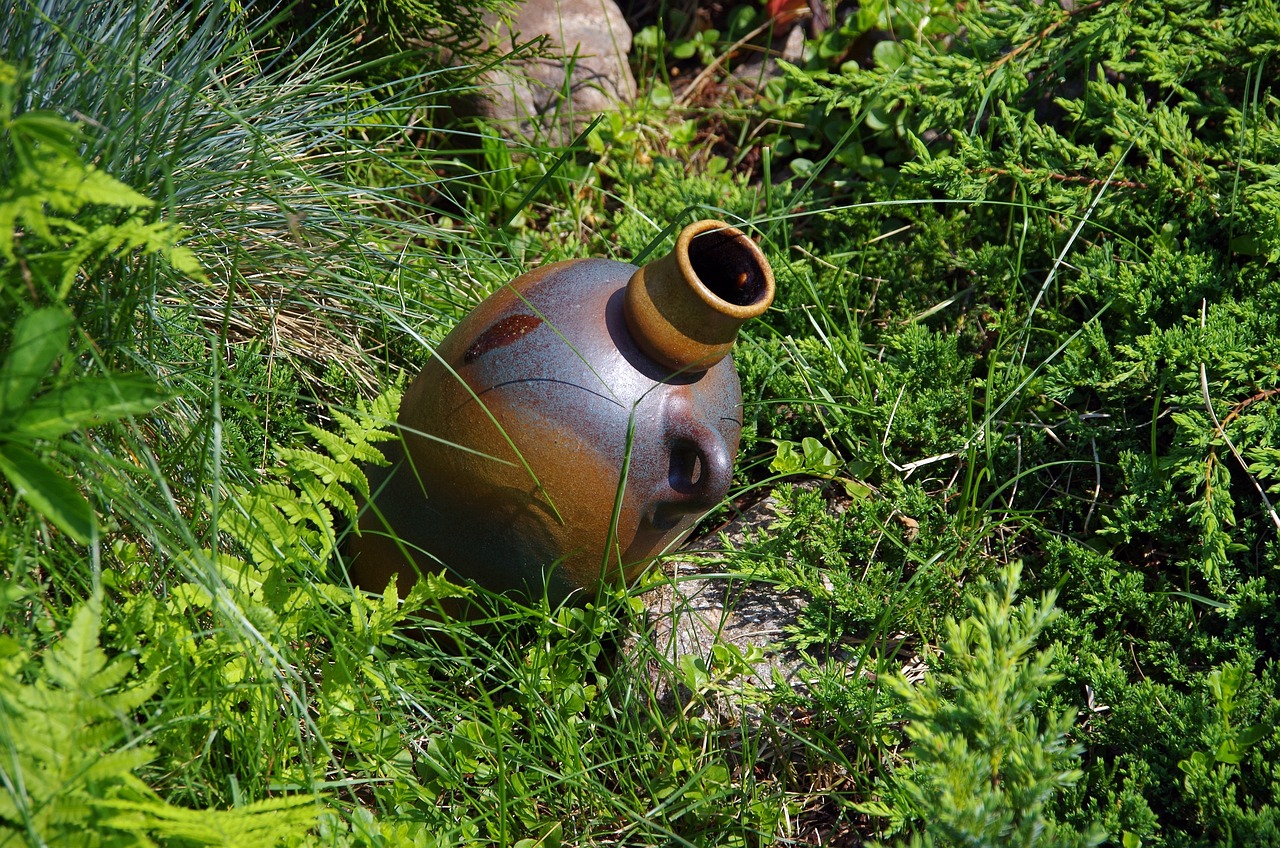The Role of Home Energy Audits in Identifying Efficiency Improvements
When it comes to understanding the energy efficiency of your home, conducting a home energy audit is a crucial step to take. This process involves a comprehensive assessment of your home’s energy consumption, insulation, appliances, and overall efficiency. By identifying areas of improvement through an energy audit, homeowners can make informed decisions to reduce energy waste and lower utility bills.
During a home energy audit, trained professionals use specialized tools and equipment to assess various aspects of your home’s energy usage. This may include checking for air leaks, inspecting insulation levels, evaluating the efficiency of heating and cooling systems, and examining the overall energy consumption of appliances and lighting. Ultimately, the goal of a home energy audit is to provide homeowners with valuable insights into how they can make their homes more energy-efficient and environmentally friendly.
Benefits of Conducting a Home Energy Audit
A home energy audit can pinpoint where your house is losing energy and costing you money. By identifying areas of improvement, such as insulation gaps or inefficient appliances, you can take targeted steps to reduce your energy consumption and lower your utility bills. Additionally, conducting a home energy audit can enhance the comfort and overall well-being of your household by ensuring that your living environment is properly insulated and ventilated.
– One of the key benefits of conducting a home energy audit is that it can help you save money on your utility bills in the long run.
– By identifying areas where energy is being wasted, such as drafty windows or doors, you can make necessary upgrades to improve the efficiency of your home.
– A home energy audit can also help reduce your carbon footprint by decreasing your overall energy consumption and reliance on fossil fuels.
– Improving the insulation and ventilation in your home through an audit can lead to a more comfortable living environment for you and your family.
Common Energy Efficiency Issues Found in Home Energy Audits
During a typical home energy audit, some common energy efficiency issues that are often uncovered include inadequate insulation levels, air leaks around windows and doors, outdated heating and cooling systems, and inefficient lighting choices. These factors can contribute to energy wastage and result in higher utility bills for homeowners. Additionally, improper sealing of ductwork and outdated appliances can also be identified during an energy audit, further highlighting areas where improvements can be made to enhance energy efficiency and reduce overall energy consumption.
By addressing these common energy efficiency issues found during a home energy audit, homeowners can not only save money on their utility bills but also reduce their environmental impact by lowering their energy consumption levels. Improving insulation, sealing air leaks, upgrading to energy-efficient appliances, and maintaining HVAC systems can all contribute to a more energy-efficient home. Identifying and rectifying these issues can lead to a more comfortable living environment, reduced energy usage, and an overall increase in the value of the home.
What is a home energy audit?
A home energy audit is an assessment of your home’s energy usage and efficiency, typically conducted by a professional energy auditor.
What are the benefits of conducting a home energy audit?
Conducting a home energy audit can help identify areas where energy is being wasted, leading to potential cost savings on energy bills. It can also help improve the comfort and indoor air quality of your home.
What are some common energy efficiency issues found in home energy audits?
Common energy efficiency issues found in home energy audits include inadequate insulation, air leaks, inefficient heating and cooling systems, outdated appliances, and inefficient lighting.
How can I address the energy efficiency issues identified in a home energy audit?
Once energy efficiency issues are identified in a home energy audit, you can take steps to address them such as adding insulation, sealing air leaks, upgrading to energy-efficient appliances, and installing programmable thermostats.
How often should I conduct a home energy audit?
It is recommended to conduct a home energy audit at least once every 5-10 years, or whenever there are significant changes to your home such as renovations or additions.







